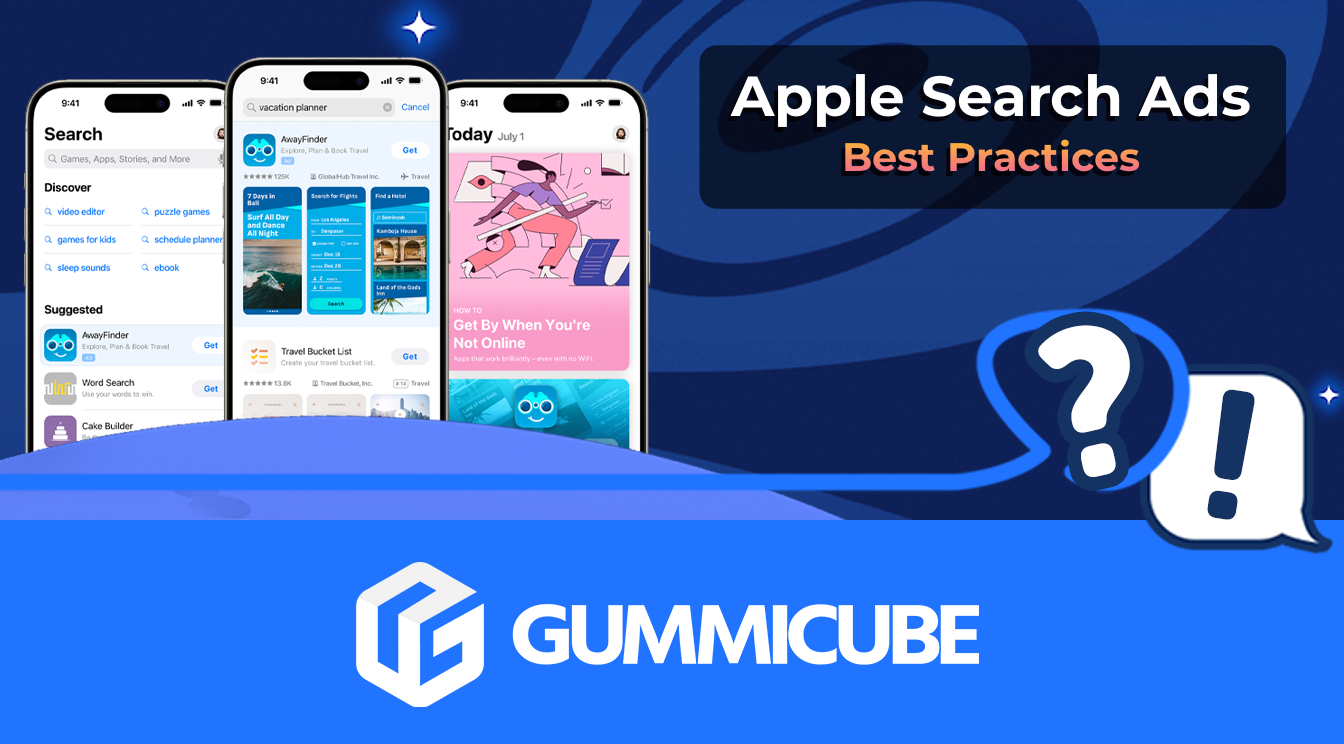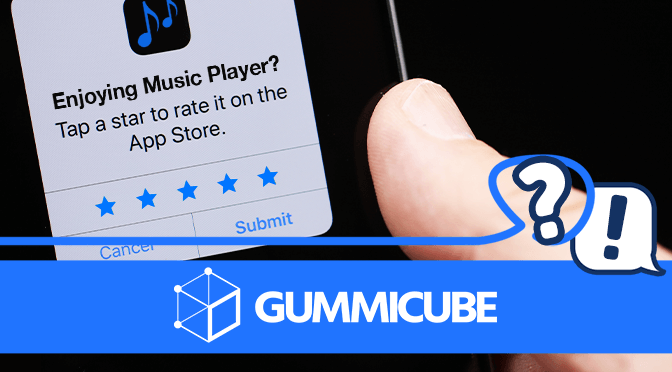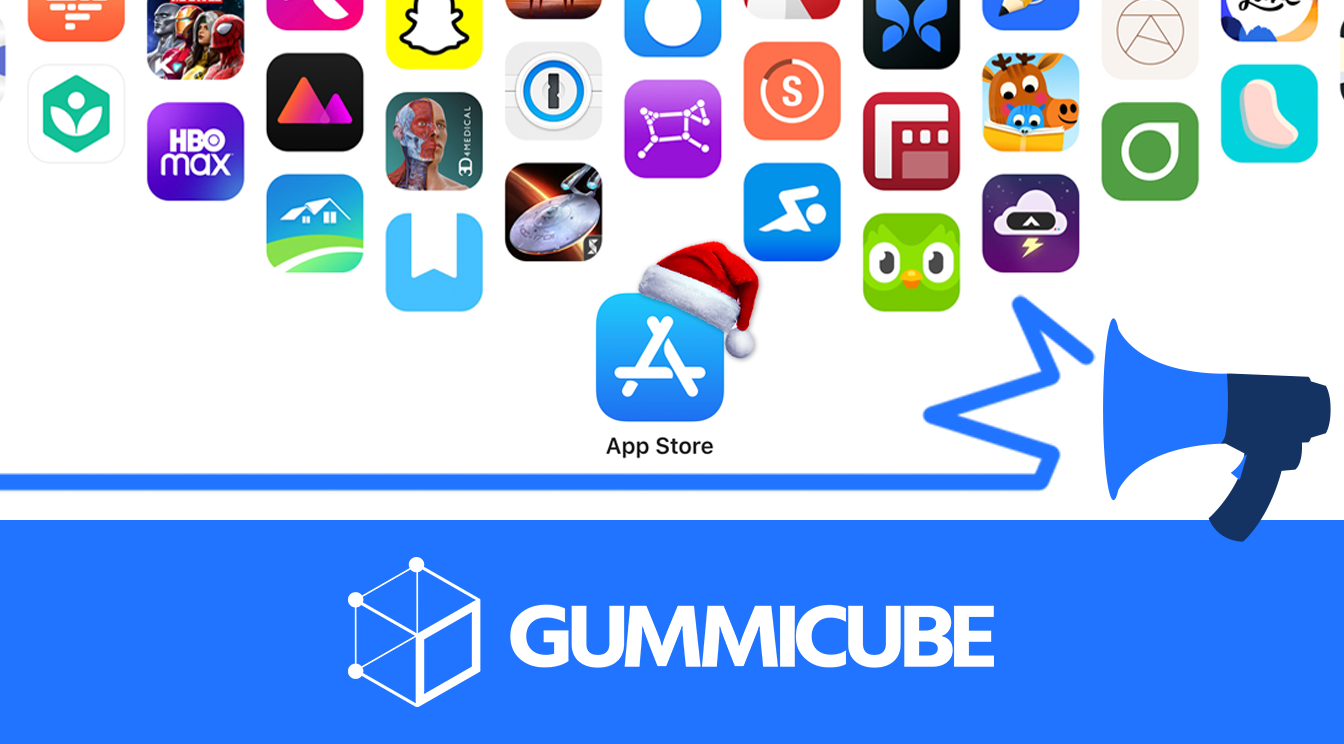
5 Best Practices for Apple Search Ads
Posted on July 3rd, 2024
Are you leveraging Apple Search Ads the right way? Take a look at these recommendations to optimize your paid campaigns and target the right users.

Reviews are valuable to an app for many reasons. They can signal to other users if an app is well-liked, provide developers with feedback on issues or ways they can improve, and are helpful for App Store Optimization. It’s no wonder that developers would want their apps to receive positive reviews, but it’s important to gain the reviews properly. New reports of fake reviews have surfaced, so developers need to understand why they should avoid underhanded methods of inflating their rankings and how to naturally improve their reputation.
According to 9to5mac, the most recent complaints about fake reviews have come from China’s state media. These reports cite examples of apps that are “virtually unusable” but still show up in search results with multiple five-star reviews. However, this is not an issue on iOS alone – Google has also had to identify and delete fake reviews on the Google Play Store.
Each store has methods of identifying these fake reviews. They typically utilize machine learning alongside a team of analysts to identify fraudulent reviews and incentivized ratings or spam, but users can also report reviews they find suspicious or that go against the store’s policies. Near the end of 2018, Google updated the Play Store with a new anti-spam system that quickly detected and removed thousands of apps with fake reviews.
In this case, the method being called out is when an app pays for multiple positive reviews. Good reviews can improve an app’s positioning within the stores, so there have been cases of app creators to pay third parties to leave glowing reviews of their app. In the past, Apple has detected and removed thousands of fake reviews, but the problem still remains an issue.
In addition to inflating one’s own reviews, developers looking to game the review system have also been known to leave negative reviews on competing apps. These can range from generic negatives of “I don’t like it” to reviews calling out their own app as a superior alternative.
Along with paying third parties, some apps have tried to get positive reviews from existing users by offering in-app rewards in exchange for them. These incentivized reviews are also disallowed by the stores. Apple states in section 3 of its guidelines:
“If we find that you have attempted to manipulate reviews, inflate your chart rankings with paid, incentivized, filtered, or fake feedback, or engage with third-party services to do so on your behalf, we will take steps to preserve the integrity of the App Store, which may include expelling you from the Developer Program.”
Similarly, Google Play’s guidelines state:
"Developers must not attempt to manipulate the placement of any apps in Google Play. This includes, but is not limited to, inflating product ratings, reviews, or install counts by illegitimate means, such as fraudulent or incentivized installs, reviews and ratings."
Disregarding these guidelines could result in an app or even the developer being banned from the App Store or Play Store. Developers that give themselves fake reviews or try to bribe users into leaving positive ratings do so at their own risk, and many have been removed for doing so.
User reviews can impact an app’s conversions. Multiple positive reviews can improve a potential user’s confidence in the app, while too many negative reviews can signal to users that the app has problems that need to be addressed.
Approximately 59% of users check an app’s reviews before installing it, while 80% of consumers don’t trust apps with ratings lower than four stars. – this means that too many negative reviews could drive away over half of an app’s potential audience.
Additionally, reviews are weighed when considering an app’s placement in search results. A high star rating with positive reviews can indicate to the App Store and Play Store that users are engaging with the app, which can have a positive impact on its rankings.
Given the value of reviews, it’s plain to see why some developers would go to these lengths for positive ratings, but there are better – and compliant – alternatives.
The best way to gain positive reviews is to earn them. While it is virtually unheard of for an app to have no negative reviews, a well-designed, effective app can earn enough positive reviews to have a high star rating.
In the case when users do post negative reviews, reputation management can help mitigate the damage. Reputation management involves responding to the user reviews, identifying the cause of negative reviews and showing users that you are taking action to address their issues.
For instance, if an app encounters an error that’s causing a crash, it will likely receive several negative reviews calling out the issue. Developers can respond to the reviews by saying they’re aware of the problem, are sympathetic to the users, and are working on a fix. If the issue is repaired, they can let the users know it’s been fixed, and they can resume using the app without worry.
This serves multiple purposes. First, by directly interacting with the users and addressing their concerns, you improve user confidence. Users may also amend their reviews to a higher star rating if their problem is fixed.
Secondly, it indicates to other users reading the reviews that you are paying attention, care about the user experience, and work to address issues as they arise. Engaging with users can have an effect not only on the individual users, but those who see the reviews later. Even in the case of intentionally malicious reviews, where the reviewer will not change the rating no matter what you say, replying and addressing their concerns still signals to other users that you’re paying attention. Addressing a bug in these responses can also let users know it’s being worked on; this can prevent further negative reviews since they can see that a fix is underway or find steps to resolve it.
Following these new reports of fake reviews, a new spotlight is cast upon how reviews are monitored. While Apple has not responded to the reports, it does have systems in place to identify and address fraudulent reviews.
While reviews are valuable for an app, gaining them through fraudulent means can do more harm than good. The App Store and Play Store can remove fake reviews, so it’s better to instead focus on creating a high-quality app that earns positive reviews.
When an app does receive negative comments, responding to them can help improve the reviews and repair your app’s reputation. This can have more of a positive effect on an app and its optimization than fake reviews ever will.
Want more information regarding App Store Optimization? Contact Gummicube and we’ll help get your strategy started.

Are you leveraging Apple Search Ads the right way? Take a look at these recommendations to optimize your paid campaigns and target the right users.

Ghostly happenings are among us... and in your app listing too? If you aren't leveraging the power of app seasonality to make relevant tweaks to your store listing you're leaving precious engagement and conversions on the table.

Developers on the iOS App Store should plan in advance of the upcoming Holiday Schedule to allow enough time for apps to get approved during the busy holidays.